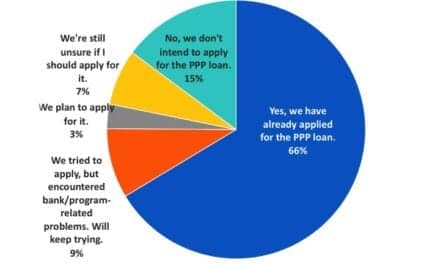While it is well-known that eating a diet rich in whole grains, fruits, and vegetables is essential to maintaining good nutrition, there is also evidence to suggest that it can help keep hearing loss at bay, according to a recent article in Consumer Reports.
Related article: Diabetes and Hearing Loss
A 2018 study published in the Journal of Nutrition showed women who followed one of three diets—the alternate Mediterranean diet, the Dietary Approaches to Stop Hypertension, and the 2010 Alternative Healthy Eating Index—had an approximately 30% lower risk of hearing loss, according to the Consumer Reports article. While all three diets are high in fruit and vegetables, and low in carbohydrates, added sugars, and saturated fats, they also emphasize foods containing beta-carotene, folate, and omega-3 fatty acid; these vitamins are thought to be hearing protective by helping to slow down age-related decline in cochlear function as well as stimulating blood flow to the cochlea, the article says.
Additionally, each diet is similar in its limitation of starchy carbohydrates like white bread or pasta, foods that can raise blood glucose levels relatively quickly. Particularly for people with uncontrolled blood glucose, or type 2 diabetes, overconsumption of carbs can contribute to hearing loss by causing damage to inner ear blood vessels.
A good rule of thumb for a hearing-healthy meal is to fill your plate half full with fruits and vegetables like carrots or cantaloupe and leafy greens like arugula, kale, and spinach, while reserving at least a quarter for healthy protein, such as fish, experts say. According to a 2020 study published in Ear and Hearing that was quoted in the article, researchers found that sufficient protein consumption could also help reduce the risk of tinnitus, which often occurs in tandem with hearing loss.
To read the article in its entirety, please click here.
Source: Consumer Reports






